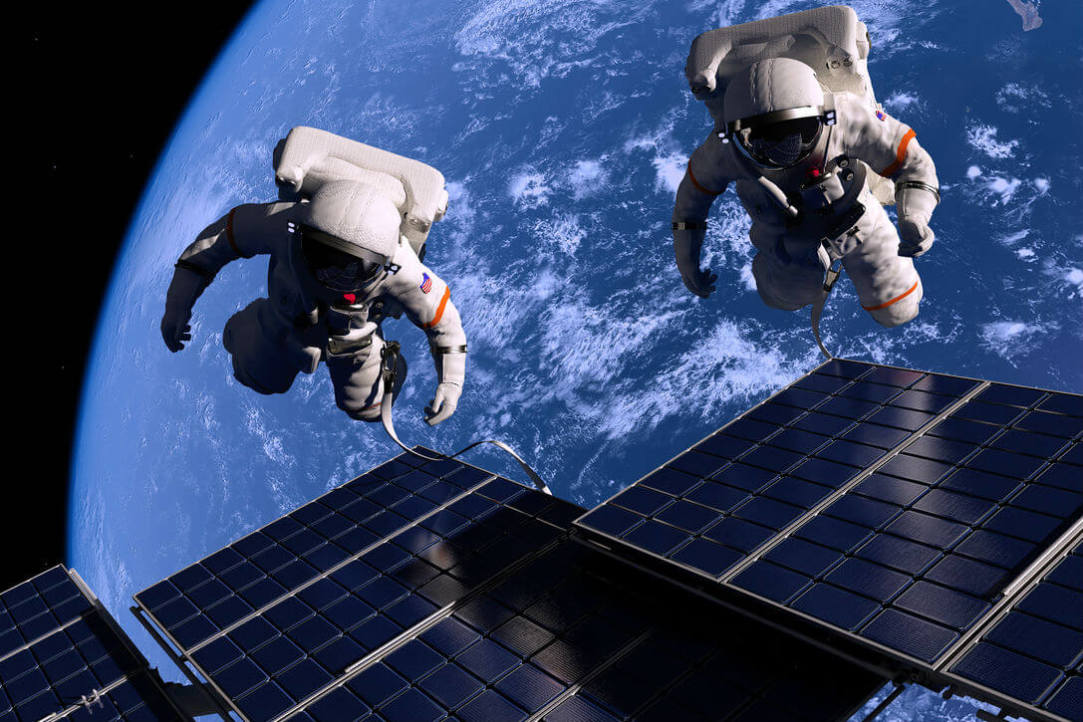
In a Galaxy Far, Far Away
Natalia Lyskova is spending her 2nd year as a postdoc at HSE Faculty of Physics working in a Joint Department of Space Physics with the Space Research Institute at the Russian Academy of Sciences. The HSE Look talked to her about the ongoing research and upcoming plans.
Students in the Faculty of Physics Take Third Place at All-Russian Student Olympiad in Theoretical Mechanics
They took third place in team competitions and received II and III level certificates in the personal competition. The Olympiad was held in Kazan, with 106 students from 30 Russian university teams taking part in individual and team competitions (theoretical and computer).

Mathematicians Propose First Continuous Self-organised Criticality Model
An international group of researchers (the first author is Nikita Kalinin, HSE Saint-Petersburg, the last author is Ernesto Lupercio, CINVESTAV, Mexico) has presented the first continuous model describing self-organised criticality. The proposed solution is simpler and more universal than the classical sandpile model: it integrates areas as remote from one another as economics, developmental biology and gravity in the context of tropical geometry. The paper was published in PNAS.
Researchers Determine Space Weather near Earth’s Closest Exoplanet
Researchers from the Higher School of Economics and Space Research Institute (Russia) have calculated the main parameters that determine space weather close to the nearest Earth-like exoplanet, Proxima Centauri b. Such parameters include solar wind, as well as galactic and solar cosmic rays. The results of the research were published in Astronomy Letters.
Thin Films Can Enhance Vorticity in the Ocean
Scientists from the Higher School of Economics and the Landau Institute for Theoretical Physics of Russian Academy of Sciences have investigated how vortex flows penetrate the interior of a liquid. The authors of the article have shown that specific (thin liquid and insoluble) films on the surface of water enhance eddy currents. These currents are produced by the interacting surface waves directed at an angle to each other.
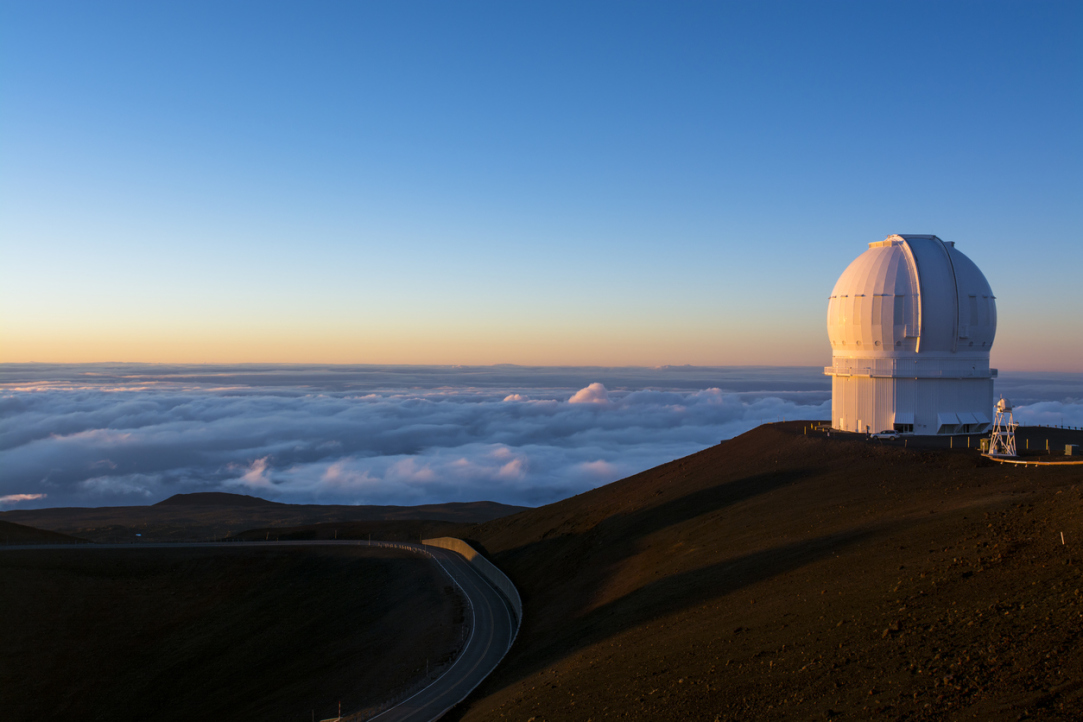
Not Getting Lost in Space: Why It’s Important to Learn to Detect Signals from Neutron Stars
The big scanning antenna at the Pushchino Radio Astronomy Observatory logs almost 90 GB of data every day. The data are usually processed by the astronomers manually. Vladimir Samodurov and Alexander Gorbunov, researchers at the HSE Faculty of Business and Management, decided to relieve the scholars from this hard work and give this job to neural networks. They shared the results of their work in the paper ‘Perspectives of intellectual processing of large volumes of astronomical data using neural networks’.
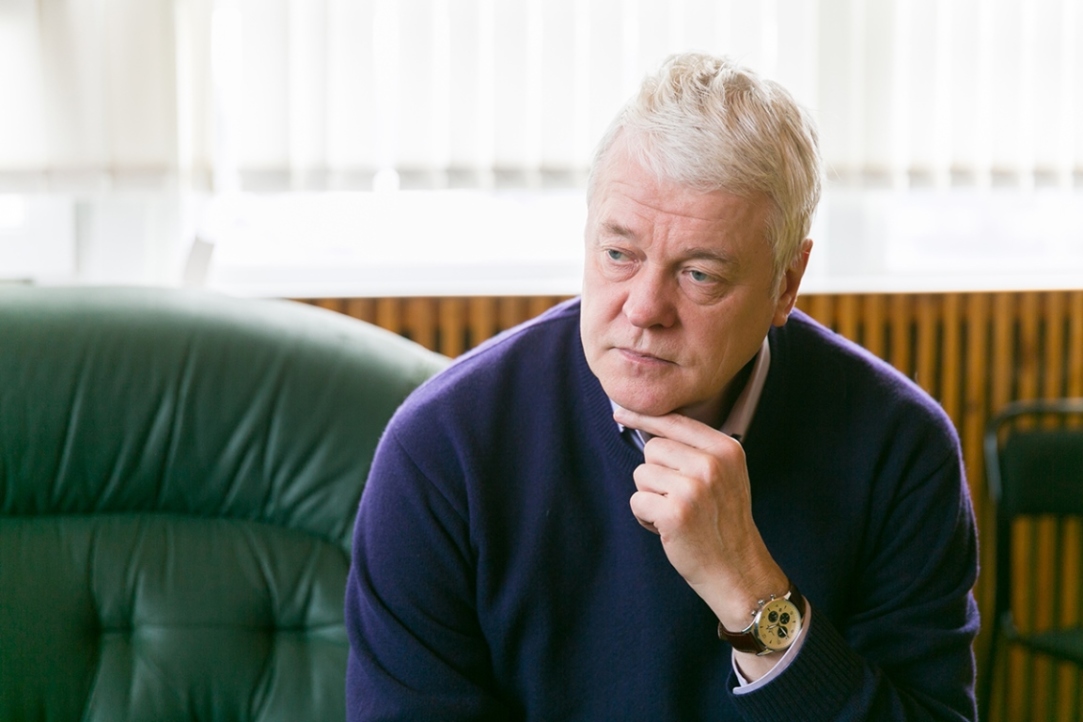
Predictions Only Hold Scientists Back
Together with his colleagues, Igor Kukushkin, Chief Research Fellow at the Institute of Solid State Physics (Russian Academy of Sciences) and Professor at the Faculty of Physics at the Higher School of Economics, has founded two scientific-commercial enterprises. Their products are used in a range of areas, including pharmaceuticals and medicine, as well as to control the quality of various materials and even in the fight against terrorism. Igor Kukushkin spoke to the HSE news service about how to combine science and business.
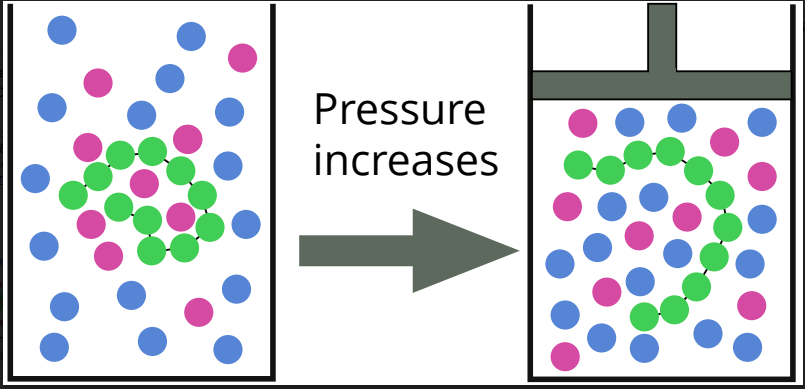
Co-nonsolvency Explained: Researchers Publish Ground-breaking Findings
Researchers from the Higher School of Economics and the University of Leipzig have created a model which enables the timely and effective prediction of polymer behavior in mixed solvents. This is the first scientific work to explain, using statistical mechanics, the effect of suppression of co-nonsolvency at high pressures. The findings have been published in the journal Soft Matter.
Freshmen Team from HSE Faculty of Physics Came Third at National Theoretical Mechanics Competition
From November 20th – 24th, 2017, the National Theoretical Mechanics Competition took place at the Kazan State Power Engineering University, attracting 120 students from 35 Russian universities.
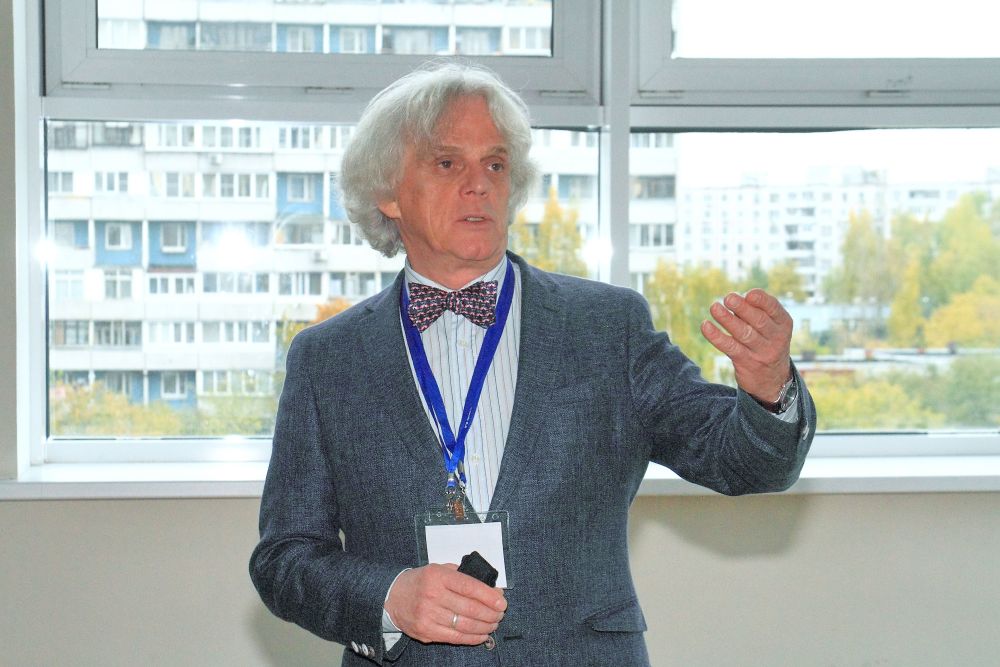
HSE MIEM Professor Elected Fellow of American Physical Society
The American Physical Society (APS) has recognised HSE MIEM Professor Lev Shchur for his innovative use of computer simulations and the development of superior random number generators for their use in statistical physics. Professor Shchur is the only academic working in Russia to be selected as APS Fellow in 2017.

